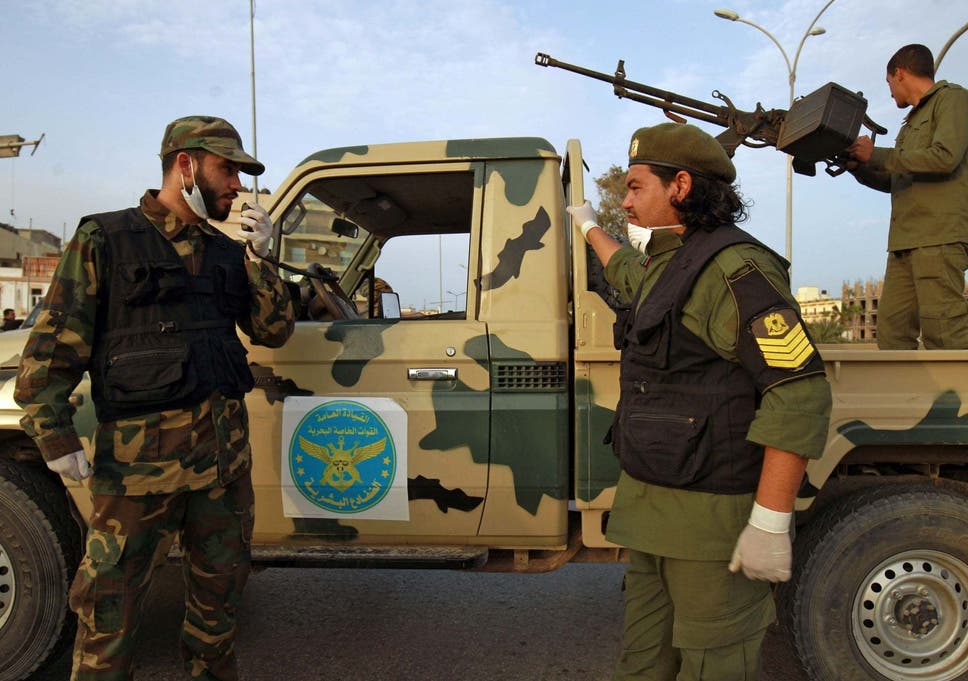
Libya’s internationally recognised government announced the country’s first case of coronavirus, but the prospect of an outbreak of the pandemic wasn’t enough to prevent a major escalation in the country’s ongoing civil war.
Forces of the Emirati-backed warlord Khalifa Haftar pummelled the city’s capital with airstrikes, and the forces loyal to the United Nations-backed government in Tripoli advanced on one of his crucial air bases, even as international mediators called for a ceasefire on account of the coronavirus threat across the world.
“Both sides are exploiting the coronavirus,” said Anas el-Gomati, a scholar at the Sadeq Institute, a Libyan think tank. “There has almost been deliberate targeting of civilians by the Haftar side.”
The first confirmed Covid-19 case was a man who had returned to Libya from Saudi Arabia on 5 March, health officials of the Tripoli-based Government of National Accord disclosed. He is now under quarantine and being treated.
Libya has been torn asunder by a lengthy civil conflict pitting eastern-based forces of Mr Haftar, backed by the United Arab Emirates, Egypt, France, and Russia, against the Tripoli authority, which is backed by Turkey.
Nearly a year ago, Mr Haftar launched a lightning attack on the capital, attempting to quickly seize control of it. But his offensive instead rallied western militias together behind the UN-backed government of prime minister Fayez Serraj. The war drags on with little end in sight. At least 2,200 people have been killed and nearly 150,000 displaced.
Public health and international aid officials worry an outbreak of Covid-19 in the country could spell disaster for Libyan civilians as well as tens of thousands of migrants in the country. The country has been in a state of war for more than nine years, with hospitals dilapidated and a number of physicians fleeing the country.
“The infrastructure and state institutions including the health sector have been ravaged by the war,” said Tom Hill, a former United States State Department official focused on North Africa. He is now at the United States Institute for Peace. “The ability of the country to deal with a pandemic seems totally implausible.”
Experts suspect far more cases of coronavirus than the single one reported so far. Rumours circulate that Egyptian labourers have brought the virus into the east. And numerous Libyans on social media have announced illnesses they suspect to be Covid-19. The country has little ability to test for the virus or diagnose Covid-19 cases.
To prevent the spread of the illness, the administration of eastern Libya announced a nighttime curfew 18 March, followed by restrictions imposed on western Libya on 22 March.
The UN convinced both sides to praise the notion of a “humanitarian pause” in the fighting on 21 March, but fighting has escalated. Forces loyal to the Serraj government attacked the Watiya air base outside the capital, seizing partial control of a facility used by Mr Haftar and his UAE allies to launch airstrikes.
Mr Haftar responded by striking Tripoli with barrages of airstrikes and artillery rockets, with residents reporting some of the most ferocious shelling in weeks.
“The strategy is to induce an overwhelming amount of stress,” said Mr Gomati. “They are targeting civilian homes at a time when people have been told to self-isolate and stay at home.”







